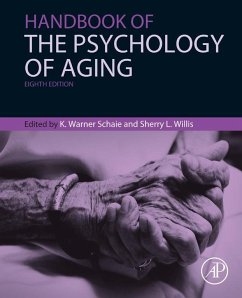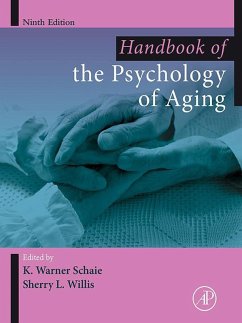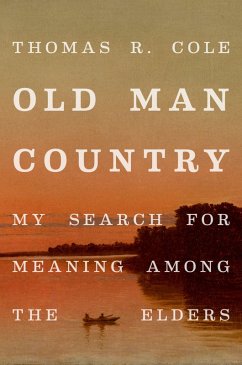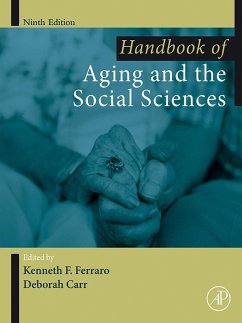
Handbook of the Psychology of Aging (eBook, ePUB)

PAYBACK Punkte
29 °P sammeln!
The Handbook of the Psychology of Aging, Seventh Edition, provides a basic reference source on the behavioral processes of aging for researchers, graduate students, and professionals. It also provides perspectives on the behavioral science of aging for researchers and professionals from other disciplines. The book is organized into four parts. Part 1 reviews key methodological and analytical issues in aging research. It examines some of the major historical influences that might provide explanatory mechanisms for a better understanding of cohort and period differences in psychological aging pr...
The Handbook of the Psychology of Aging, Seventh Edition, provides a basic reference source on the behavioral processes of aging for researchers, graduate students, and professionals. It also provides perspectives on the behavioral science of aging for researchers and professionals from other disciplines. The book is organized into four parts. Part 1 reviews key methodological and analytical issues in aging research. It examines some of the major historical influences that might provide explanatory mechanisms for a better understanding of cohort and period differences in psychological aging processes. Part 2 includes chapters that discuss the basics and nuances of executive function; the history of the morphometric research on normal brain aging; and the neural changes that occur in the brain with aging. Part 3 deals with the social and health aspects of aging. It covers the beliefs that individuals have about how much they can control various outcomes in their life; the impact of stress on health and aging; and the interrelationships between health disparities, social class, and aging. Part 4 discusses the emotional aspects of aging; family caregiving; and mental disorders and legal capacities in older adults. - Contains all the main areas of psychological gerontological research in one volume - Entire section on neuroscience and aging - Begins with a section on theory and methods - Edited by one of the father of gerontology (Schaie) and contributors represent top scholars in gerontology
Dieser Download kann aus rechtlichen Gründen nur mit Rechnungsadresse in A, B, BG, CY, CZ, D, DK, EW, E, FIN, F, GR, HR, H, IRL, I, LT, L, LR, M, NL, PL, P, R, S, SLO, SK ausgeliefert werden.













